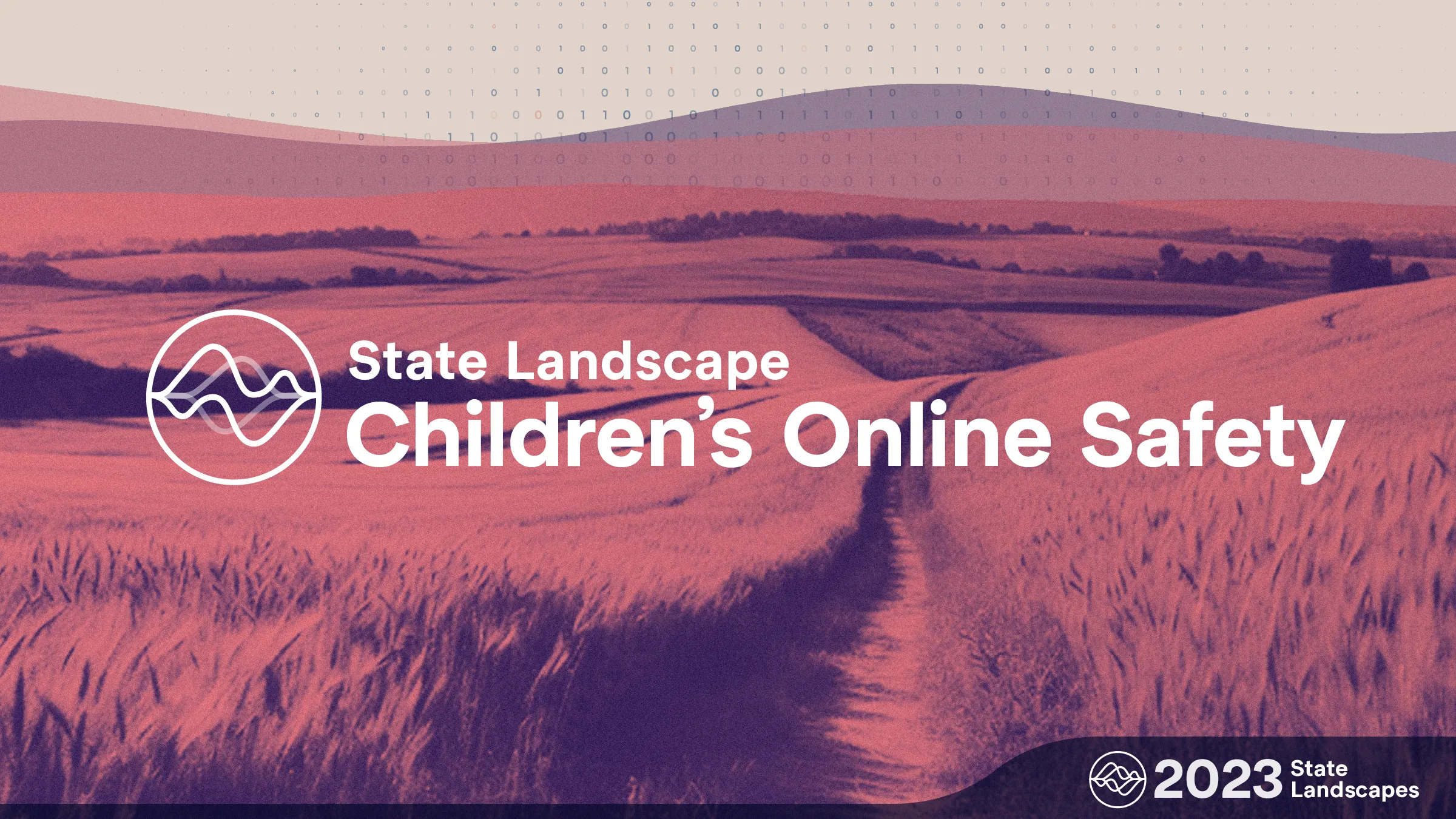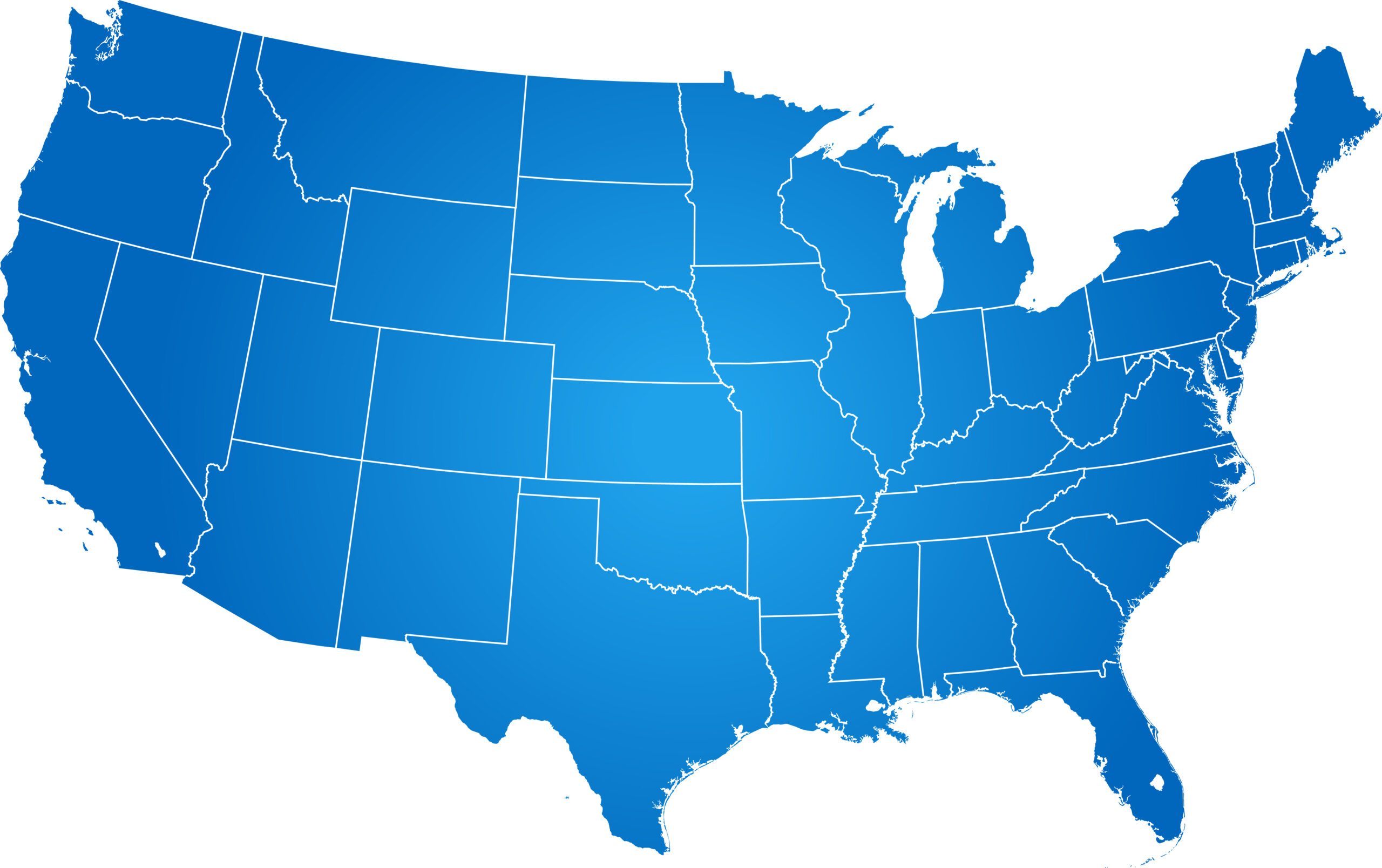A Growing Movement: Tracking the Rise of State Legislative Action on Children’s Online Safety

Reflecting on the 2023 session, children’s online safety stood out as a predominant focus among legislators. Proposals aiming to protect children online took on many iterations, including through models like the Age-Appropriate Design Code (AADC), age verification, parental consent, and prohibiting the use of “addictive” algorithms. While the aspiration of keeping children safe online is commendable and should be pursued, many of these proposals contain unintended consequences that risk introducing additional privacy concerns and barriers to accessing communities of support and information online.
In 2023, further obstacles emerged in the passage of children’s online safety legislation. The California AADC, a law modeled from a United Kingdom framework that creates data privacy and constitutional concerns, is now facing a legal challenge. While that challenge did not deter other states like Maryland, Minnesota, New Mexico, and New Jersey from introducing their own similar proposals, no other state legislature to date has passed a law analogous to California’s AADC. Additionally, recently passed laws in Arkansas and Utah would implement provisions such as mandatory age verification of users on certain platforms and limiting the use of such services during specific hours. These laws present additional challenges and issues surrounding data privacy, open access to information on the internet, and government overreach. Arkansas’ law is also facing a legal challenge, contending that it violates the First Amendment. Both the California and Arkansas laws have been preliminarily enjoined citing constitutional concerns.
In response to ongoing litigation, states are also exploring alternative proposals. These include requiring parental consent for minors to create accounts and setting default content filters on newly activated smartphones and tablets. Though these proposals are branded as a way to prevent children from accessing content that could be considered harmful, these proposals would again create barriers to the First Amendment right of all users to open online information access. Additionally, many responsible online businesses already employ practices that achieve most of the objectives these types of bills seek to accomplish. For example, many apps and websites have parental control settings that allow for protections such as set time limits, enhanced privacy protections by default for known child users, and other tools to allow parents to block specific sites entirely. Further, many states introduced and passed bills this session establishing digital citizenship curricula in K-12 schools. This curriculum empowers both children and parents to navigate the social media landscape responsibly. Children learn safe practices, while parents discover tools to protect them, tailored to their values and family experiences.
Children’s online safety has dominated political discussions in recent years, culminating in a surge of legislative activity in 2023. Though some laws enacted in 2022 and 2023 have been preliminarily enjoined while ongoing legal challenges continue due to unconstitutionality, many new proposals were introduced this year in an attempt to address the goal of keeping children safe online. Notably, all of these proposals diverge from the current federal law, the Children’s Online Privacy Protection Act (COPPA). This model relies on the user to self-attest to being at least 13 years old. This method requires the user to be forthcoming and honest about their age and does not hold online businesses liable if a user’s age assertion is not accurate. While COPPA has served as a valuable foundation for protecting children’s online safety, due to the flurry of legislation this session, it is unlikely such self-attestation mechanisms would continue to be acceptable means for determining a user’s age under recently established laws and proposals. To strike the optimal balance between child protection and First Amendment rights, legislators must engage in a collaborative process with stakeholders like industry and civil society. This ensures regulations are both feasible and impactful, safeguarding children without jeopardizing free expression.
For more information about state privacy legislation trends from 2023 and leading into 2024, see CCIA’s 2023 children’s online safety state legislative landscape.








